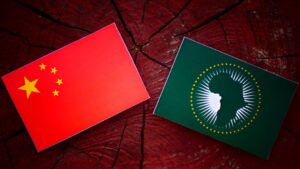1. A New Era of Continental Trade
The African Continental Free Trade Area (AfCFTA) represents the largest free trade agreement in the world by number of countries, aiming to create a single market of over 1.2 billion people. Its goal is to reduce trade barriers, facilitate movement of goods and services, and enhance intra-African commerce. For Africa, this is more than an economic initiative—it is a strategic move to assert its place in the global trade landscape.
2. Opportunities for Businesses
For entrepreneurs and companies, AfCFTA opens new markets and simplifies cross-border trade. Small and medium-sized enterprises (SMEs) can now access customers across borders without the burden of excessive tariffs and paperwork. By scaling operations continent-wide, businesses have the potential to grow faster, attract investment, and diversify their revenue streams. The agreement also encourages competition, innovation, and specialization.
3. Infrastructure and Connectivity Challenges
While the trade framework is promising, Africa faces infrastructural bottlenecks. Poor road networks, limited rail connections, and underdeveloped ports can slow the flow of goods. Digital trade platforms and e-commerce infrastructure are still evolving. To fully benefit, countries must invest in transportation, logistics, and customs modernization to support seamless trade.
4. Policy, Regulation, and Harmonization
AfCFTA requires harmonized policies, regulations, and standards across member countries. Differences in taxation, labor laws, and quality control can complicate implementation. Governments and regional organizations are working to streamline regulations, but challenges remain. Coordination is crucial to ensure that trade flows smoothly and that smaller economies are not disadvantaged.
5. Africa’s Place in the Global Economy
By strengthening intra-African trade, the continent can reduce dependence on external markets and negotiate from a stronger position in global trade discussions. AfCFTA has the potential to transform Africa into a major economic player, creating jobs, fostering industrialization, and improving the standard of living. The success of this trade initiative could redefine Africa’s role in the 21st-century global economy.




